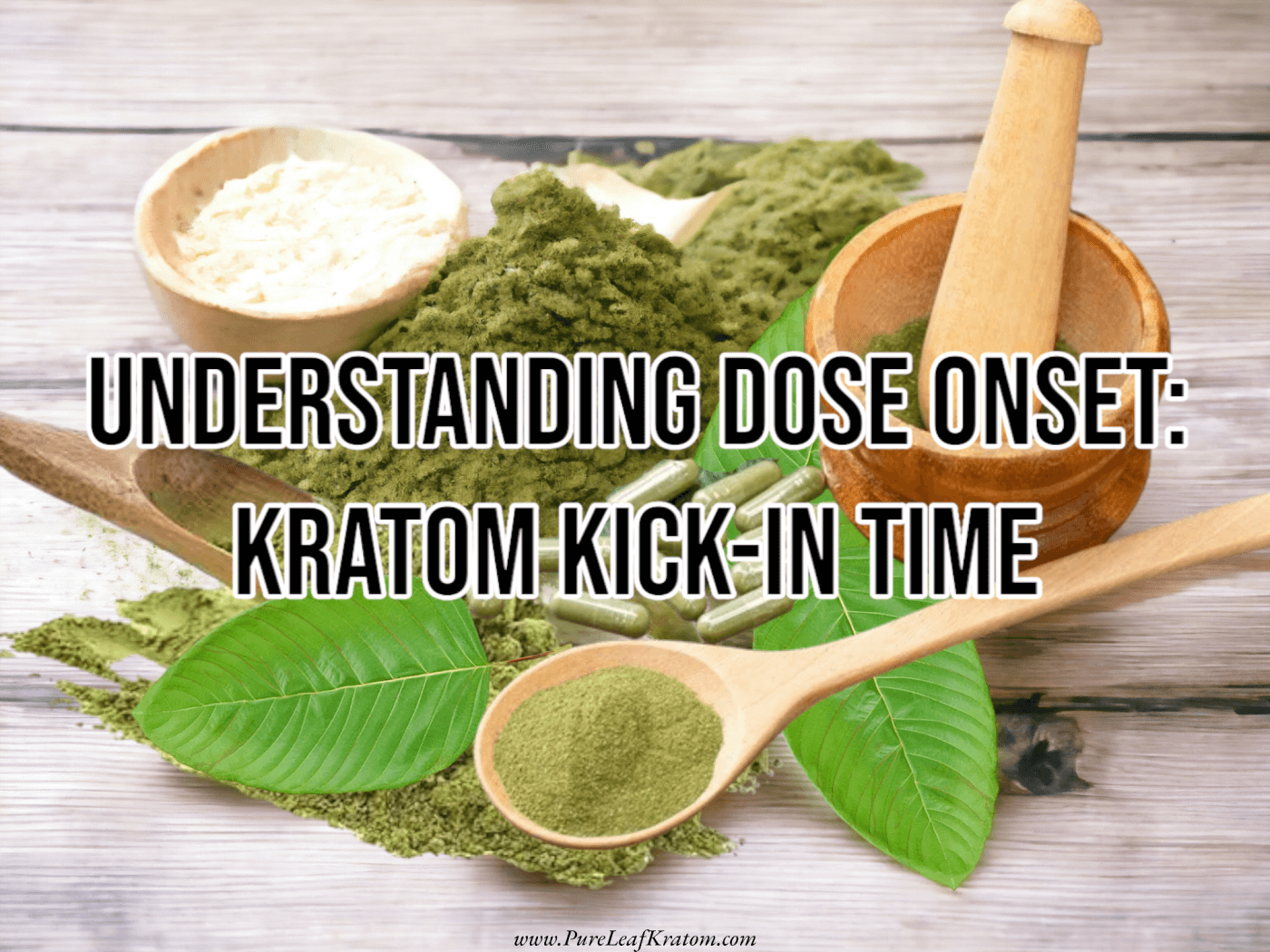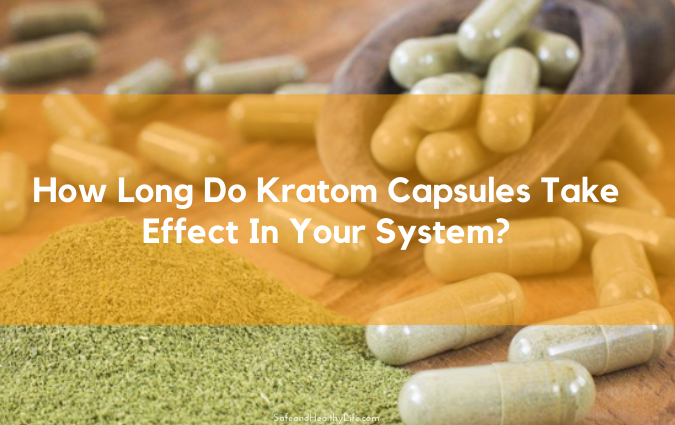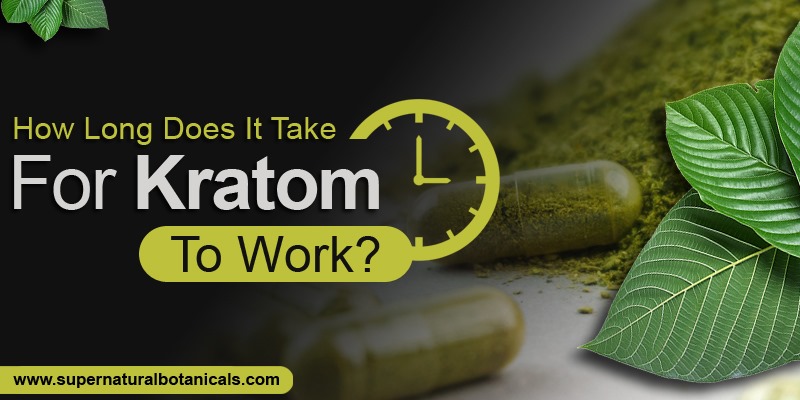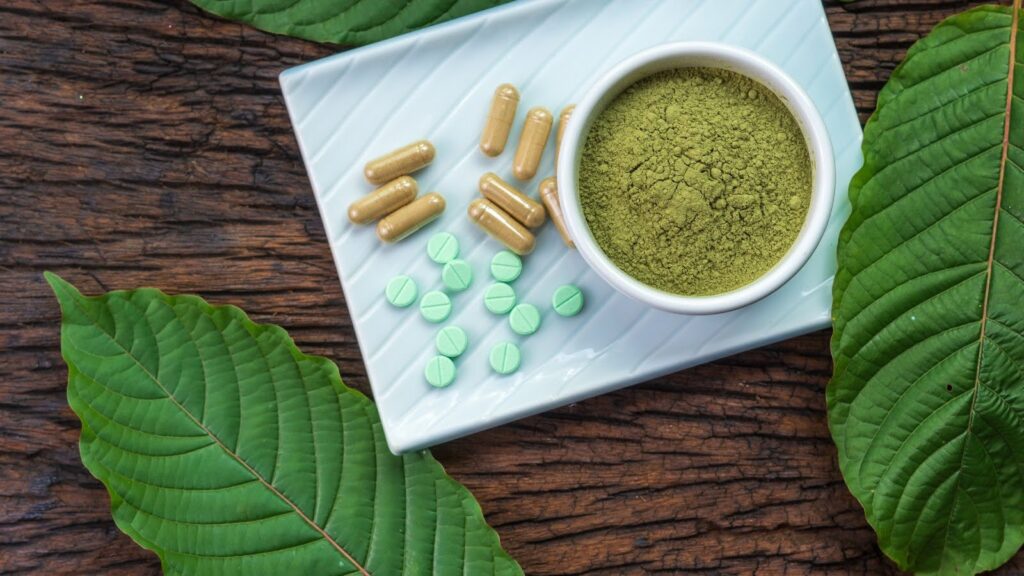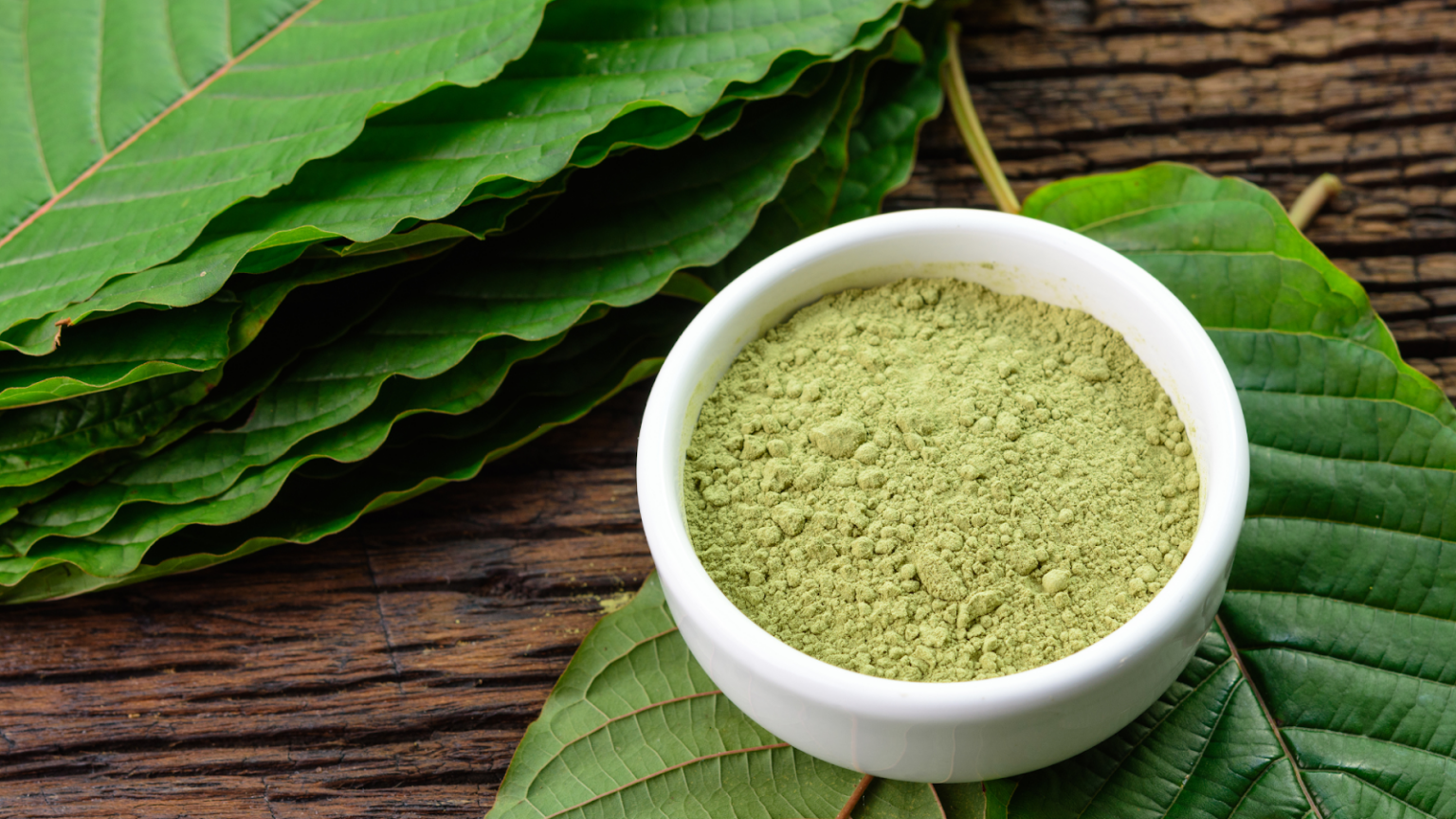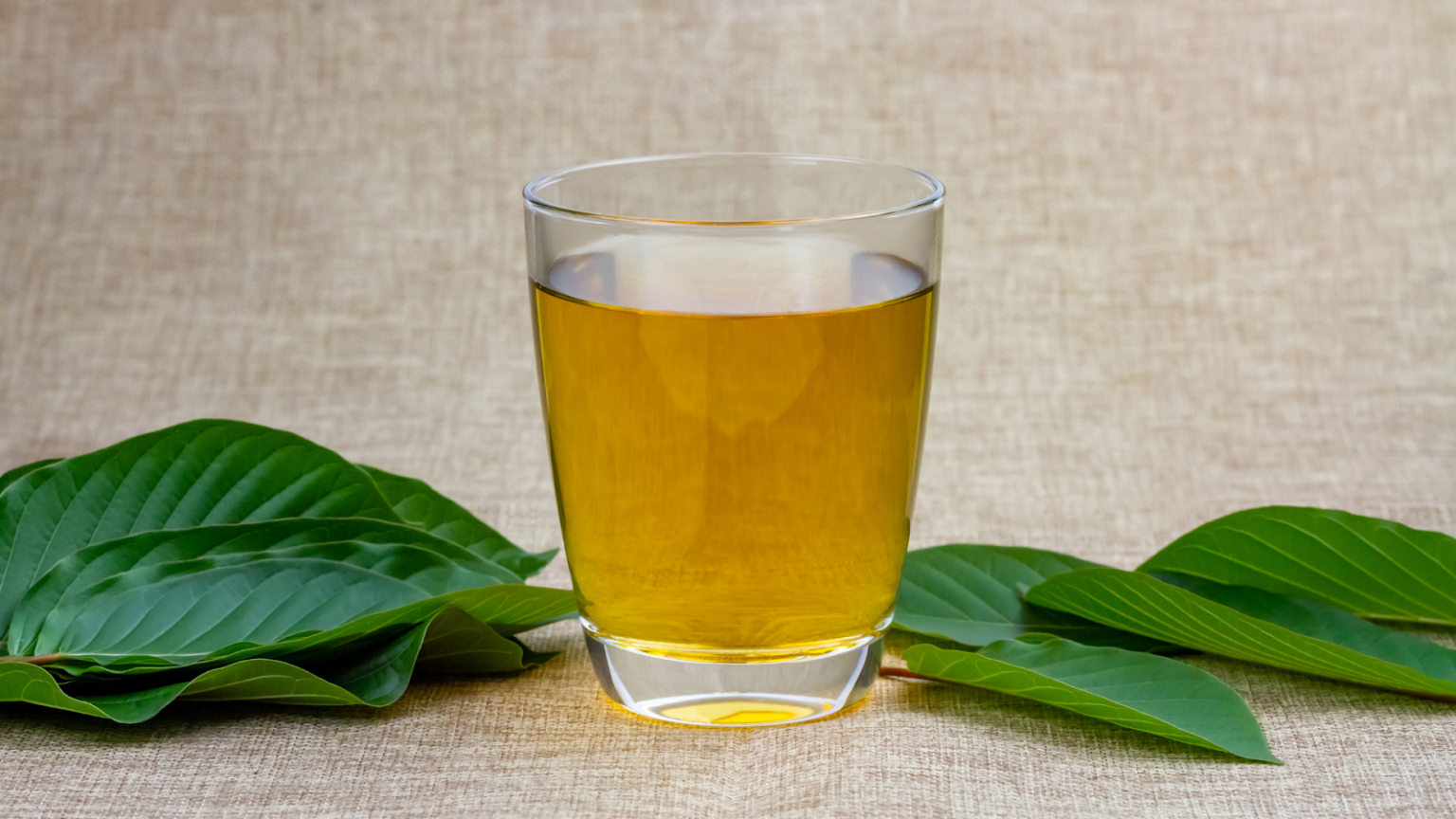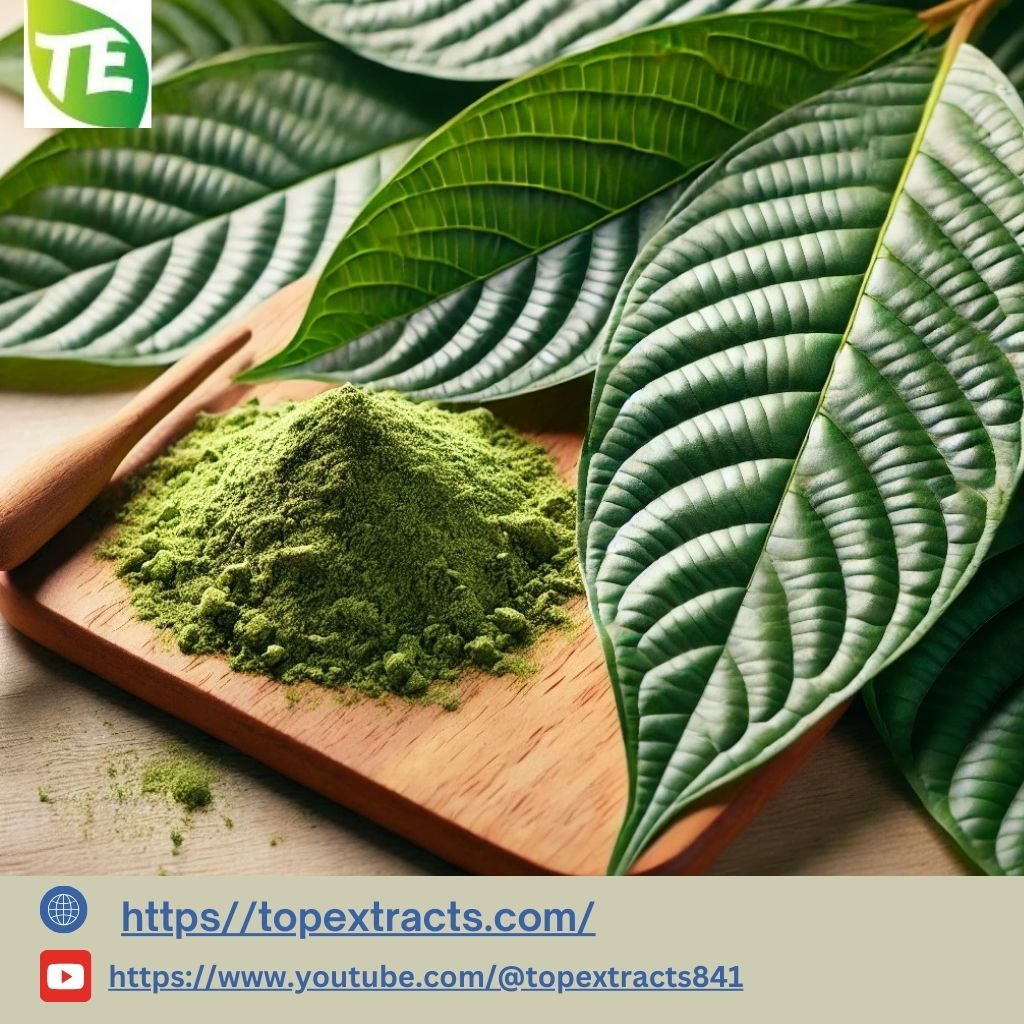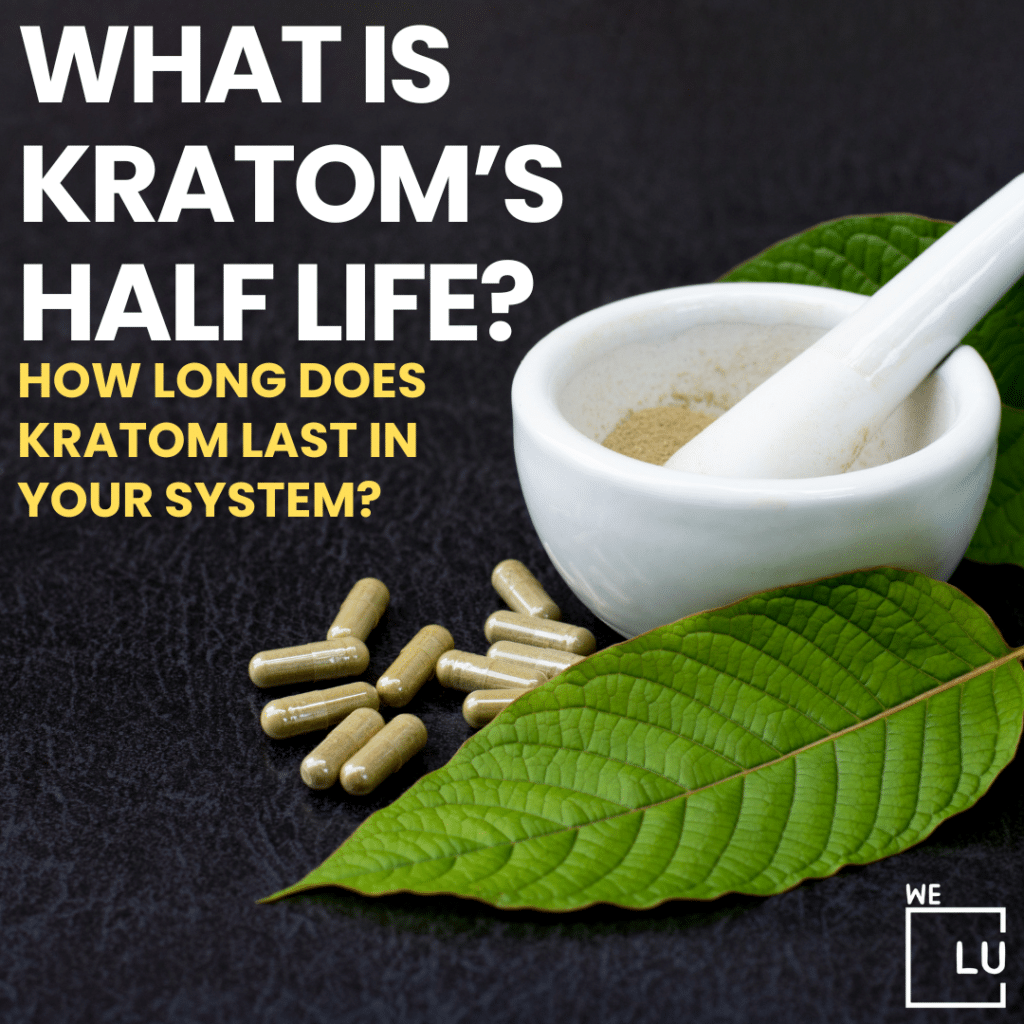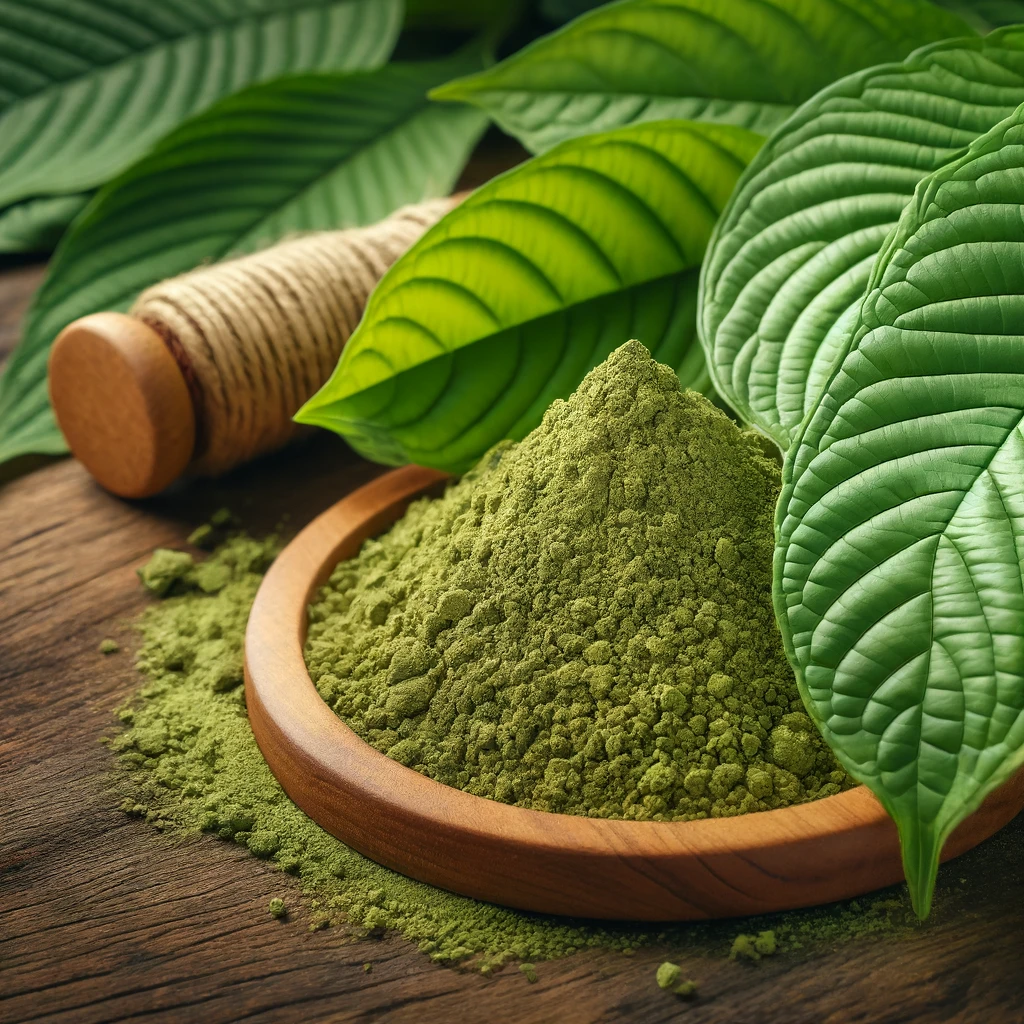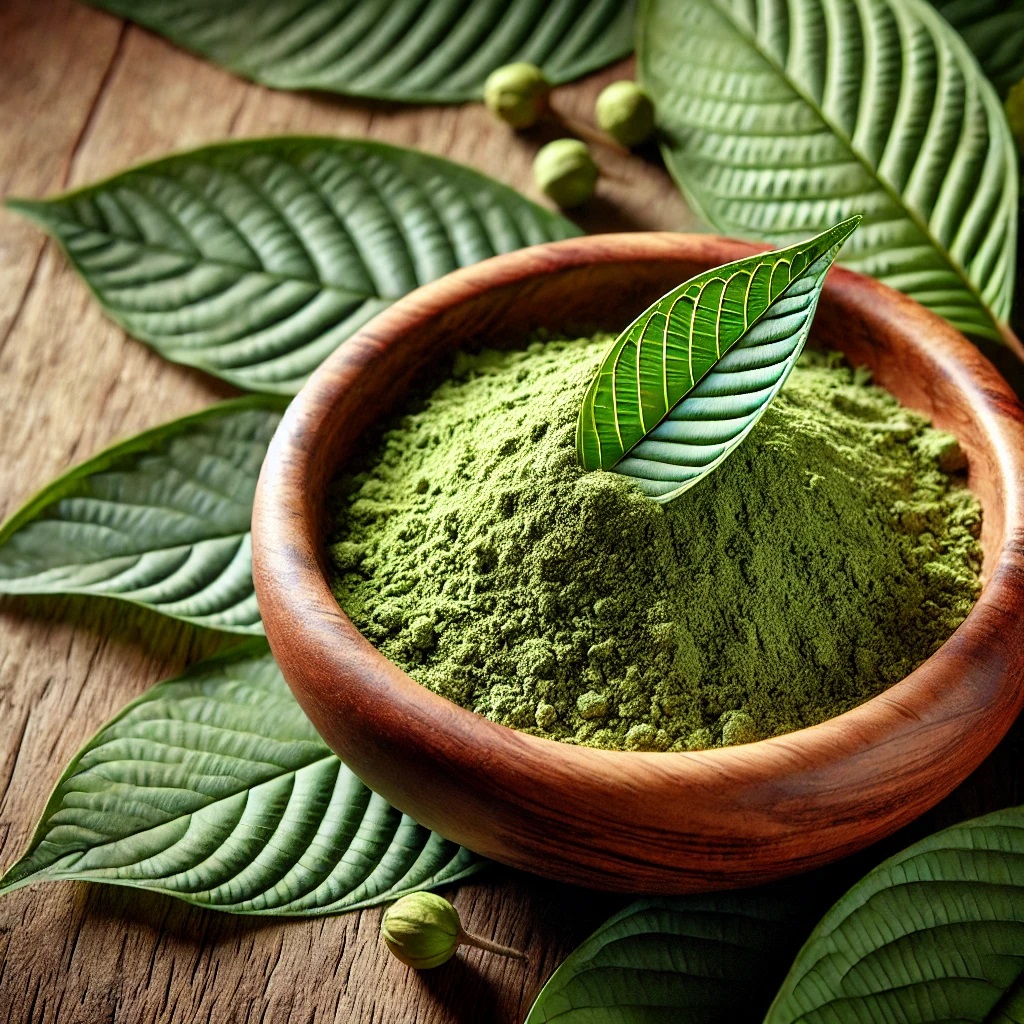How Long Is Kratom Good For
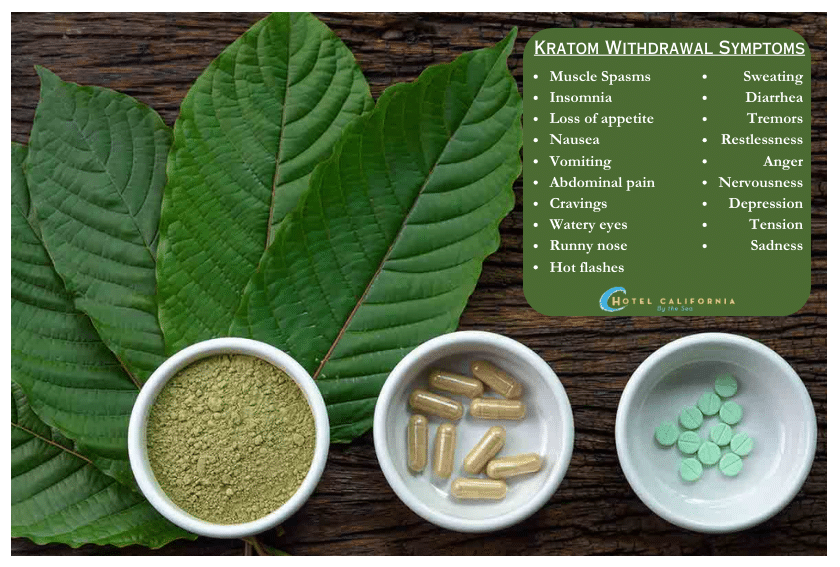
Kratom users are facing a critical question: how long does their supply actually last before it degrades? Misinformation is rampant, and understanding proper storage is paramount to ensuring both potency and safety.
This article cuts through the noise to provide a definitive guide on kratom shelf life, focusing on practical advice to maximize its effectiveness and minimize risks associated with degradation.
Understanding Kratom Degradation
Kratom, derived from the Mitragyna speciosa tree, contains alkaloids like mitragynine and 7-hydroxymitragynine, which are responsible for its effects. These alkaloids are susceptible to degradation from exposure to oxygen, light, heat, and moisture.
When these elements break down the alkaloids, kratom loses potency. This means users might need to take more to achieve the desired effect, increasing the risk of adverse reactions. Mold growth is also a significant concern in improperly stored kratom, rendering it unsafe for consumption.
Factors Influencing Shelf Life
Several factors determine how long kratom remains viable. These include the initial quality of the kratom, the form it's in (powder, capsules, extract), and, most importantly, how it's stored.
Higher quality kratom, sourced from reputable vendors who prioritize proper harvesting and processing, will generally last longer. Powdered kratom has a larger surface area exposed to the elements compared to capsules or extracts, potentially leading to faster degradation.
Optimal Storage Conditions
The key to extending kratom's shelf life lies in creating an environment that minimizes exposure to the elements. This means keeping it in an airtight container, away from direct sunlight and heat.
A cool, dark, and dry place, such as a pantry or cupboard, is ideal. Avoid storing kratom in the bathroom or kitchen where humidity levels fluctuate. Proper storage is not just about potency; it's about safety.
The Shelf Life Timeline: What to Expect
Generally, properly stored kratom can maintain its potency for 3-6 months. This is a conservative estimate, and some users report experiencing effects even after a year, depending on storage conditions.
However, it is crucial to regularly inspect kratom for any signs of spoilage. These include changes in color, smell, or texture. If you notice any of these changes, it is best to err on the side of caution and discard the kratom.
Practical Storage Tips
Use airtight containers made of opaque materials to block light. Consider using vacuum-sealed bags or containers to remove excess air. Add desiccant packets (silica gel) to absorb any residual moisture.
Label each container with the purchase date to track the kratom's age. Store different strains separately to maintain their individual characteristics and avoid cross-contamination. Always purchase kratom from trusted vendors who provide information on sourcing and processing.
Recognizing Spoiled Kratom
Spoiled kratom will often have a musty or moldy smell. The color may appear faded or discolored. Clumping or a change in texture can also indicate degradation or moisture contamination.
Consuming spoiled kratom can lead to nausea, vomiting, diarrhea, and other gastrointestinal issues. In severe cases, mold contamination can cause respiratory problems or allergic reactions. If you suspect your kratom is spoiled, do not consume it.
Beyond Potency: Safety Considerations
Even if kratom doesn't show obvious signs of spoilage, its effects can change over time. Degradation can alter the alkaloid profile, potentially leading to unexpected or undesirable effects. Start with a lower dose if using kratom that has been stored for an extended period.
Be aware of the legal status of kratom in your area and adhere to all applicable regulations. The American Kratom Association (AKA) advocates for responsible kratom use and supports efforts to regulate the industry. Staying informed is paramount for responsible kratom consumption.
Remember that individual responses to kratom can vary significantly. Factors such as body weight, metabolism, and tolerance can all influence the effects. It is advisable to consult with a healthcare professional before using kratom, especially if you have any underlying health conditions or are taking other medications.
Moving Forward: Research and Regulation
Ongoing research is crucial to further understand kratom's long-term effects and optimal storage methods. Increased regulation and standardization within the kratom industry can help ensure product quality and safety for consumers.
Consumers should actively support initiatives that promote responsible kratom use and advocate for evidence-based policies. The American Kratom Association is a valuable resource for staying informed and engaged.
Ultimately, understanding kratom's shelf life and implementing proper storage practices is essential for maximizing its benefits and minimizing potential risks. Stay vigilant, prioritize quality, and always err on the side of caution.
